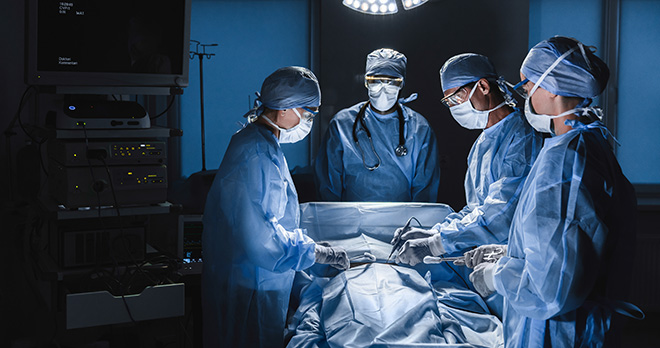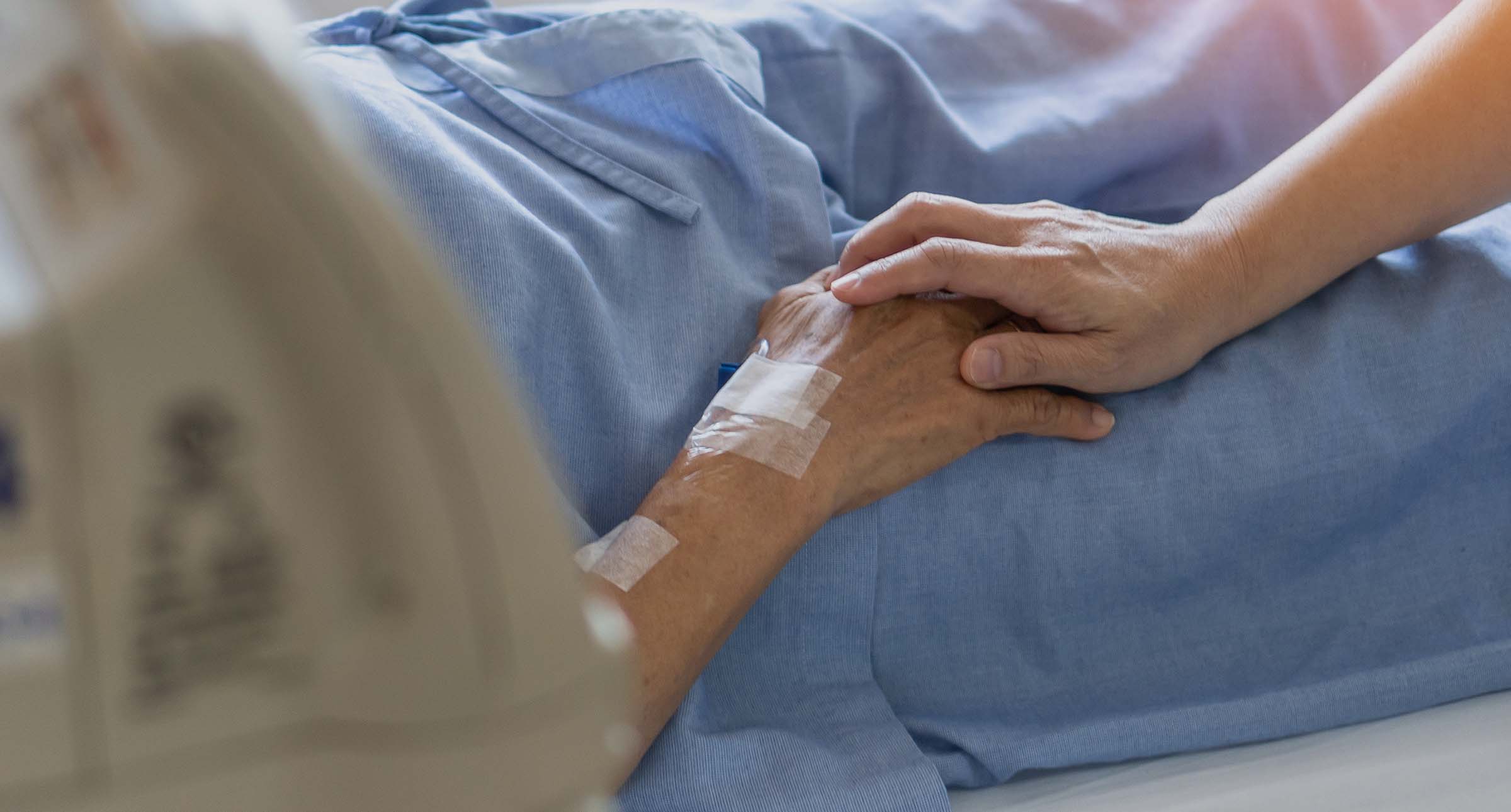Negligence after gallbladder surgery. Do I have a claim?

Gallbladder removal surgery, medically known as a cholecystectomy, is a common surgical procedure with tens of thousands of people undergoing one each year. Thankfully, most cholecystectomies are undertaken with minimal complications, however, when things go wrong there can be serious consequences for people’s health.
Why would you require an operation to remove your gallbladder?
The gallbladder is a small organ that stores bile, a fluid produced by the liver that helps the digestive system to break down foods that are high in fats. Gallbladder removal is a procedure that is recommended to those suffering with gallstones, or an infected or cancerous gallbladder.
Whilst most gallbladder surgery is performed without any unexpected adverse effects, in some cases there are complications which mean the patient suffers a worse outcome than they should have.
The process of gallbladder surgery
Consent prior to surgery
Prior to a gallbladder removal procedure, the patient should be given clear advice about the procedure, the possible complications and the level of risk involved during the operation and after it. After being given this information, and having a chance to ask questions, you should be asked to sign a consent form.
Cholecystectomy surgery
Gallbladder removal surgery can be performed in two main ways:
-
Laparoscopic surgery
Also known as ‘keyhole’ surgery. The surgeon makes several small incisions in the abdomen and, once separated, the gallbladder is then extracted with the use of surgical equipment. This is the most commonly used approach as it is less invasive and allows for a quicker discharge home, faster recovery, and leaves a smaller scar.
-
Open surgery
Gallbladders can also be removed through open surgery, where your surgeon will make a larger incision in order to open up the area in order to access and operate . Open surgery may be required in complex cases, such as where there are adhesions (where scar tissue forms on your gallbladder) or retained bile or due to a person’s previous medical history.
Some operations may begin as laparoscopic procedures but due to complications in surgery, are converted to an open procedure whilst you are anaesthetised.
Post-surgical care
After a cholecystectomy, patients who have had a laparoscopic procedure can normally leave hospital the same day or the following day once appropriate medical checks have been performed. If it is an open procedure, the admission to hospital is normally three to five days.
Post-surgery, the doctors will be keen to ensure that the wound around the surgical site does not get infected or that there is not an internal infection that could make you unwell. They should be keeping an eye on signs of infection or symptoms that could lead them to believe the surgery may not have gone to plan.
How can gallbladder surgery go wrong?
Unfortunately, not all gallbladder removals go as planned and complications can arise.
Some complications of having a cholecystectomy that may suggest that it has not been performed to a reasonable standard and could be negligent, include:
-
Lack of consent
For example, if you consent to laparoscopy surgery but this is changed to open surgery without your consent or if you suffer an injury that was not listed on the consent form.
-
Bleeding more than usual
This is often dealt with at the time of surgery through a blood transfusion. Negligence could occur where there is a delay to administering this or no blood transfusion takes place when it should have done.
-
Blood clots
Where blood clots are not identified immediately after surgery. Some patients are at a higher risk of blood clots after surgery and health professionals should be aware of this.
-
Infection
Where medical professionals fail to identify an infection in the wound or the site of the gallbladder and take appropriate steps to treat it.
-
Injury to nearby areas of the surgical site
Injury can sometimes occur to the bile duct or surrounding intestines, bowels, blood vessels or liver and can be the result of substandard surgery.
-
Misplaced clips
The surgeon may misplace a clip during surgery which can cause bile leakage.
-
Retained gallstones
A gallstone may be left behind and block one of the bile ducts that can cause further symptoms of pain and discomfort, jaundice, or abscesses to the liver.
-
General Anaesthetic
Although rare, some people may experience an allergic reaction to anaesthetic or have awareness of the surgery whilst under anaesthetic due to not enough being administered.
Some of the impacts of surgery that has gone wrong could be the need for further surgical procedures, increased recovery time, fatigue, adhesions in the gall bladder, additional scarring or damage to other organs that requires additional treatment. This could lead to increased time off work or being unable to do your usual day to day activities.
What we can do to help
If you have undergone surgical treatment and are concerned your treatment may have been substandard, then please contact us to discuss what happened and to find out more about whether you may be entitled to compensation for the injuries you suffered.
If you think you’ve been injured through negligent gallbladder surgery, contact our team to find out more about whether you can make a claim for compensation.
Call now





